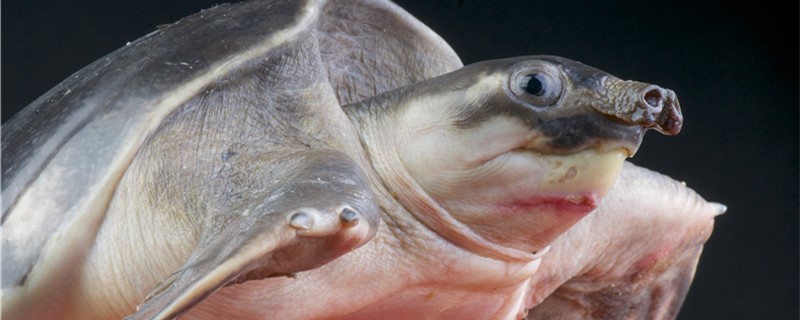
The pig-nosed turtle is omnivorous, and can eat both plant feed and animal feed. Plant feed has greengrocery, tomato, celery, Chinese cabbage, lettuce, cucumber, watermelon to wait. Animal feeds include beef, small fish, shrimp, animal viscera, red worms, crickets, mealworms and so on. In addition, they can also eat artificial feed, when breeding, they can also use special turtle food as feed.
When they are in their infancy, they can be fed with more meat, such as dried shrimps and red worms. Dried shrimps should be selected without salt, and should not be fed to shrimps, otherwise they may have metabolic problems. When it grows up, we should gradually increase the proportion of vegetarian food and feed more tomatoes, lettuce leaves and other foods. Adult pig-nosed turtles can be fed with artificial turtle food and small tomatoes, occasionally open meat can be.
When breeding pig-nosed turtles, you can feed them every 1-2 days without frequent feeding. The water temperature should also be considered when feeding. They grow faster in water between 25-31 C and can be fed more appropriately. If the water temperature is below 20 C, their growth rate will be much lower, or even stop growing. At this time, we should reduce feeding, or stop feeding for a period of time. If feeding is not reduced, it will increase the burden of intestines and stomach, lead to increased defecation and affect water quality.